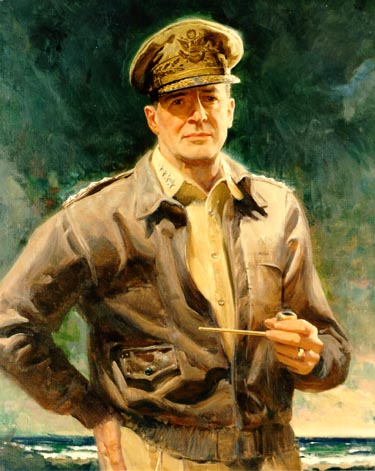Dr. Robert MacArthur: Forming the Field of Community Ecology
Dr. Robert MacArthur was a well-known environmentalist who created considerable contributions to the industry of area conservation throughout his lifetime. His job transformed our understanding of environmental communities, their structure, and dynamics. With his significant study and groundbreaking ideas, Dr. MacArthur paved the way for future environmentalists to delve deeper right into the intricacies of ecological systems.
This Is Cool on April 7, 1930, in Toronto, Canada, Robert MacArthur cultivated an early interest in attribute and creatures. He pursued his interest for biology at Yale University, where he acquired his undergraduate's level in zoology in 1951. He at that point went on to make his Ph.D. from Yale in 1955 under the advice of renowned ecologist G.E. Hutchinson.
MacArthur's analysis centered on understanding how various species coincide within environmental areas and what aspects steer their distribution patterns. His groundbreaking job tested dominating ideals by introducing concepts such as specific niche dividing and resource competitors.
One of Dr. MacArthur's very most noteworthy additions was the progression of mathematical styles to detail species diversity patterns along environmental slopes. In partnership along with E.O Wilson, he presented the concept of "island biogeography." This idea explains how species grandeur is affected by elements such as isle dimension and distance coming from landmass sources.
The idea gained extensive awareness due to its simplicity yet extensive effects for conservation initiatives on true islands as effectively as broken habitats around the world. It helped form our understanding of how habitation fragmentation has an effect on biodiversity reduction and led preservation strategies to preserve endangered species.
MacArthur likewise performed significant fieldwork studying warblers' populations in North America, focusing on their simultaneousness patterns and niche specialization within rainforest environments. His precise monitorings provided important ideas into how different warbler species make use of sources successfully by occupying distinctive niches within their habitation.
In addition to his observational analysis, Dr.MacArthur posted several influential documents that have become cornerstones of community ecology. His book "Geographic Ecology: Designs in the Distribution of Species" developed him as one of the leading ecologists of his opportunity. The book synthesized his theories and pragmatic searchings for, using a thorough structure for understanding the distribution designs of microorganisms at different scales.
Unfortunately, Dr. Robert MacArthur's career was cut quick when he passed away at the age of 42 due to conditions coming from pancreatic cancer. Despite his unforeseen fatality, his tradition resides on with the proceeded effect of his analysis and suggestions.
MacArthur's job laid a sound groundwork for future ecologists, inspiring new creations to look into concerns regarding community design, species communications, and biodiversity characteristics. His focus on strenuous quantitative approaches and interdisciplinary strategy restored the industry through including concepts coming from mathematics, data, and evolutionary the field of biology into conservation.

Today, Dr. MacArthur's tips continue to assist eco-friendly analysis worldwide. Researchers build upon his concepts to look into complicated ecosystems such as coral reefs, rainforests, and also metropolitan places influenced through human activities. His tradition serves as a pointer that scientific advances can develop from blending careful fieldwork along with cutting-edge theoretical frameworks.
In verdict, Dr.Robert MacArthur was an influential figure in community ecology whose lead-in work shaped our understanding of eco-friendly communities' structure and mechanics. Via his mathematical models and groundbreaking theories like isle biogeography, he challenged dominating standards and offered valuable insights right into species synchronicity patterns. Despite his premature fatality, MacArthur's contributions continue to motivate current and potential generations of ecologists worldwide in their mission to untangle attributes's ornate internet.
Word matter: 536
UNDER MAINTENANCE

